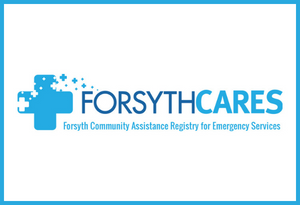- By Ashleigh Sloop
- Posted Tuesday, October 5, 2010
Halloween Safety Tips
Halloween should be an exciting and enjoyable event for children, but it is also an important time to be vigilant for possible safety hazards. Following the common sense practices below can keep events safer for all.
General Safety Tips
- Check with the North Carolina Sex Offender website to determine if any registered sex offender lives in your neighborhood.
- You can also search the National Sex Offender registry.
- Homeowners should prepare their home for trick-or-treaters by removing obstacles from the front yard, restraining dogs and other animals, and lighting the house well.
- Artificial lights and artificial candles are a safer alternative to real candles with a flame that can pose a fire hazard.
Costume Safety
- Choose a costume made of flame retardant material.
- Costumes should be short enough so that they don't cause your child to trip and fall.
- For good visibility, add some reflective tape to the costume or bag he is using to carry candy or make/choose a costume made of bright material that is visible in the dark.
- Masks should fit securely and allow your child to see well and not hinder visibility.
- If using face paint, make sure it is nontoxic and hypoallergenic.
- Knives, swords and other props should be made of a flexible material, so that they don't pose a hazard if a child were to fall.
Trick-or-Treating Safety
- Children should be well supervised by an adult when trick-or-treating.
- Older children should trick-or-treat in large groups in well known neighborhoods.
- Carry a flashlight
- Visit well lit houses in familiar neighborhoods only.
- Never go into a house; stay in the porch.
- Never go into a stranger’s vehicle.
- Avoid taking shortcuts across backyards or alleys. Remind children to use the sidewalks of well lit streets.
Candy Safety
- Instruct your children to bring all candy home before eating it so that you can carefully inspect it for tampering. Children shouldn't snack while they're out trick-or-treating, before parents have a chance to inspect the goodies. To help prevent children from munching, give them a snack or light meal before they go -- don't send them out on an empty stomach.
- Tell children not to accept -- and, especially, not to eat--anything that isn't commercially wrapped.
- Throw out candy or treats that are homemade, unwrapped or if they appear to have been tampered with (pinholes in wrappers, torn wrappers, etc.)
- Parents of young children should remove any choking hazards such as gum, peanuts, hard candies or small toys.
- Wash all fresh fruit thoroughly, inspect it for holes, including small punctures, and cut it open before allowing children to eat it.











